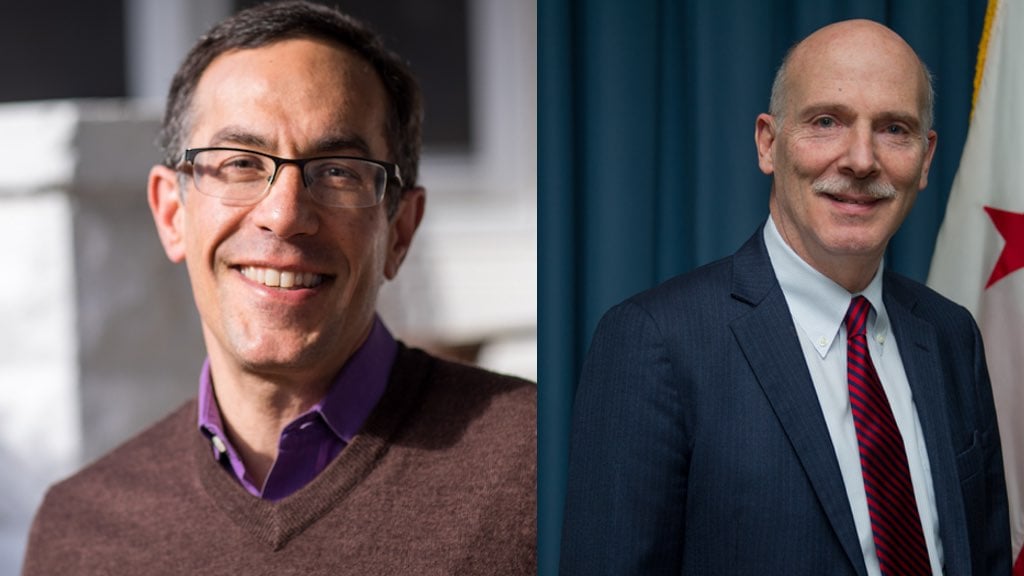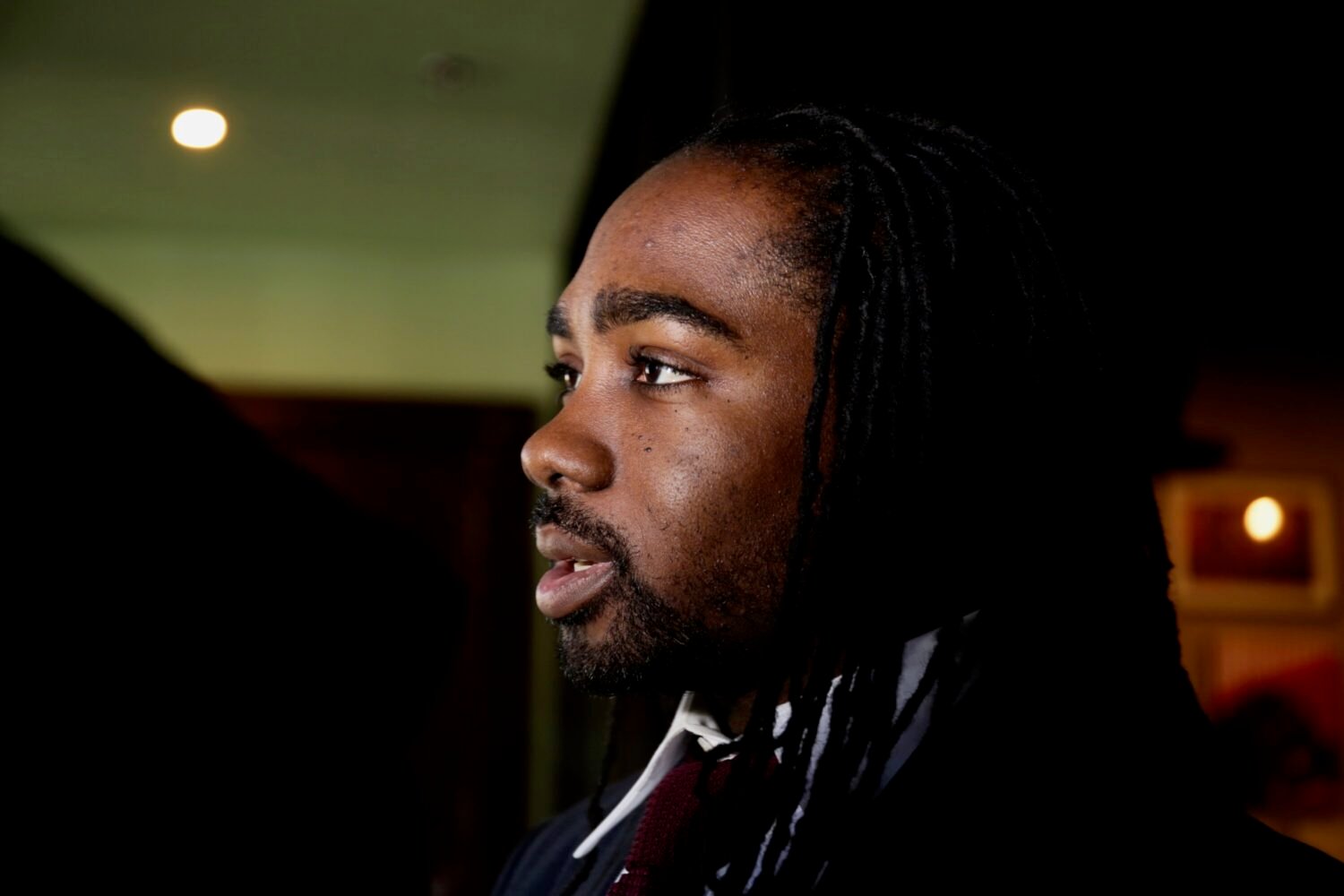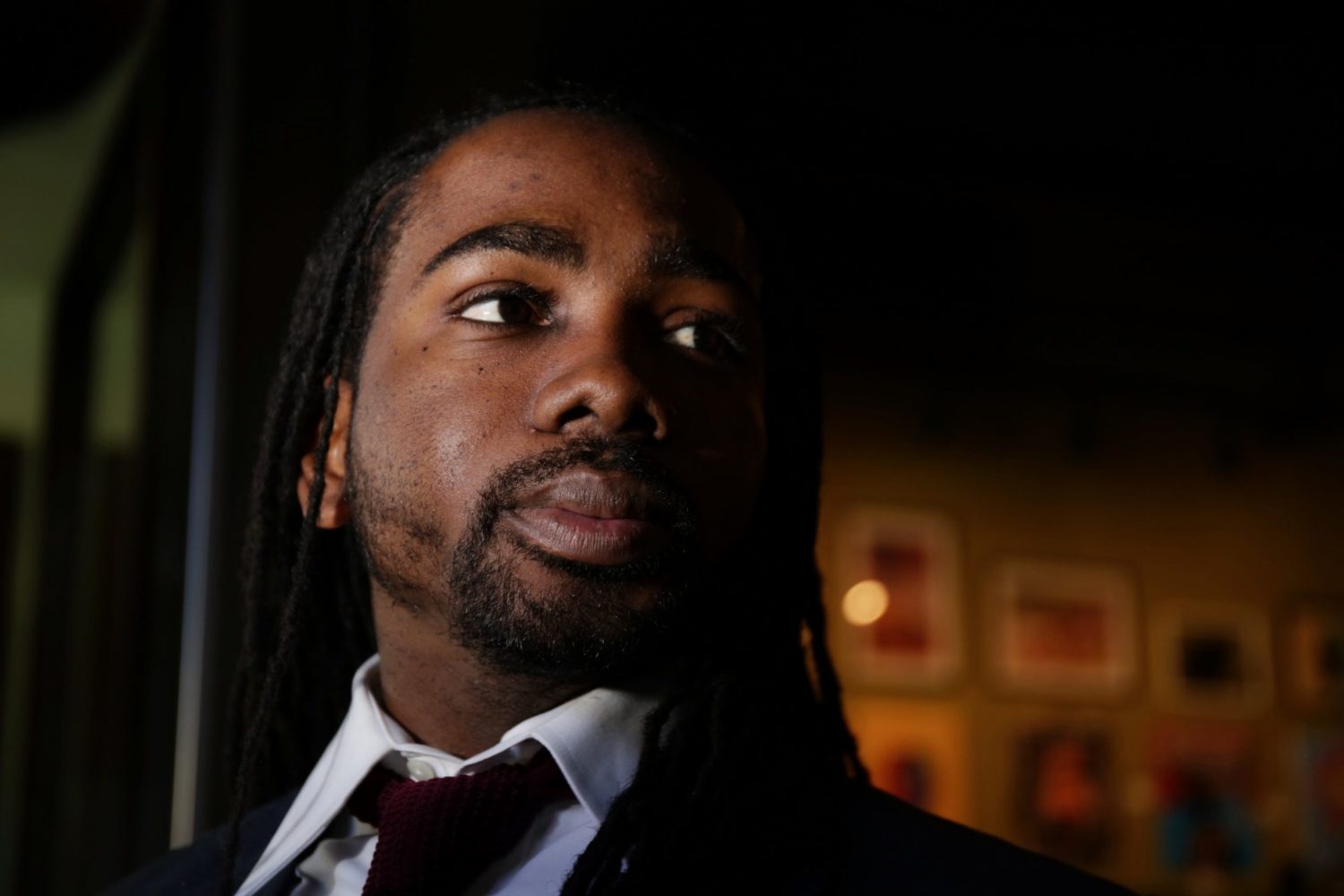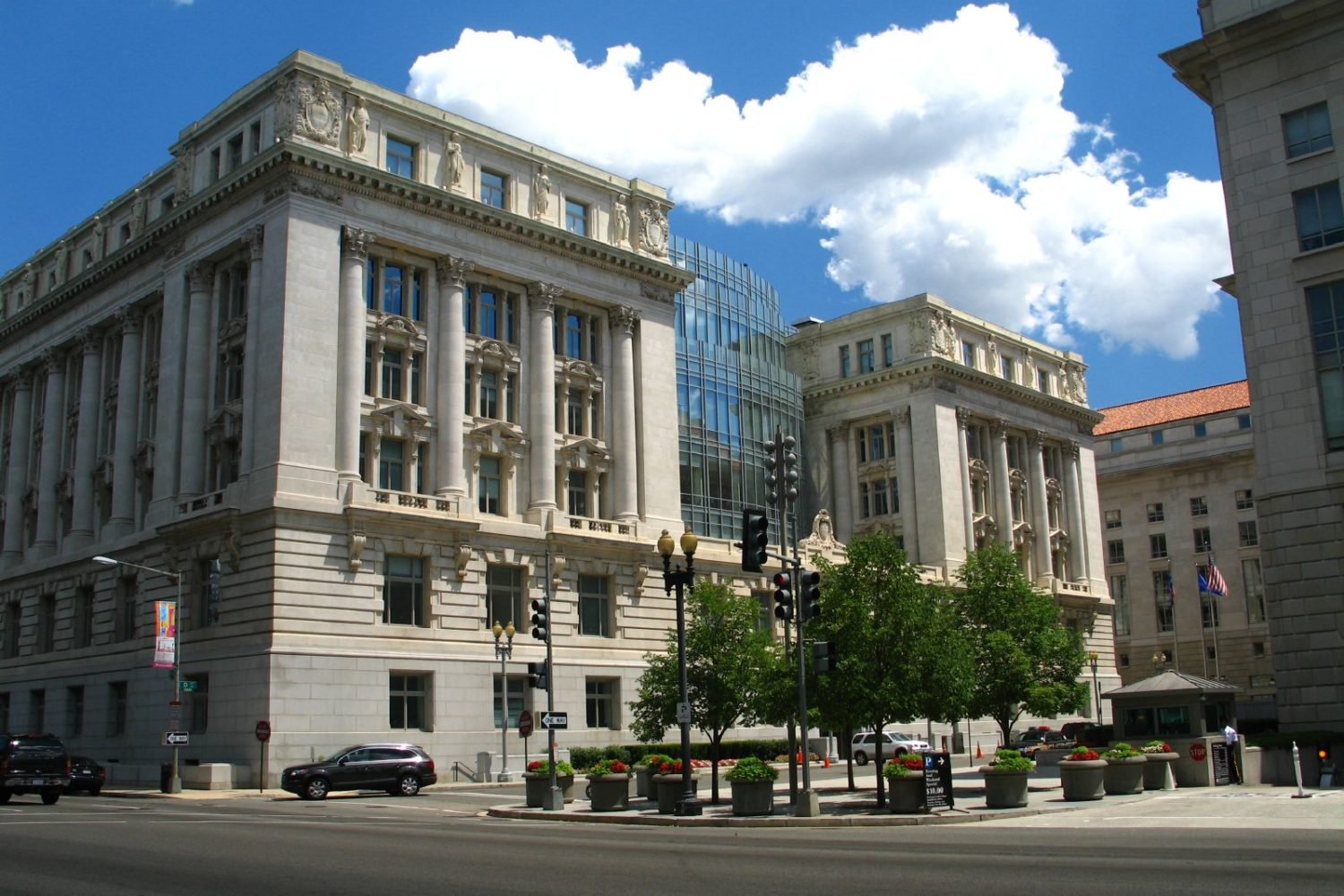In an election year where Mayor Muriel Bowser faces no significant opposition, one of the most important votes in the District’s primary Tuesday could be for its second highest-ranking elected official—chair of the DC Council. Ed Lazere, a longtime fixture in DC’s progressive community who’s served as director of the left-leaning DC Fiscal Policy Institute, is facing off against the Democratic incumbent Phil Mendelson, who’s been on council since 1998 and its chairman since 2012.
While Mendelson enjoys broad support, including from members of most labor groups, Lazere’s campaign has hit a nerve with residents worried about DC’s rapid pace of development, growing income inequality, and ailing public school system.
While the race has been devoid of personal insults, the two have forcefully clashed at debates over issues on affordability, education, and credentials. Here’s a sampling of some of the policy differences between the two candidates, at the tail-end of a race the Washington Post called “a proxy fight over the city’s future.”
Initiative 77
From the posters in front of restaurants to the online neighborhood forums to the office watercoolers, one of the biggest topics dominating local conversation over recent months has been DC’s ballot initiative over the tipped minimum wage. On Tuesday, the city will vote on whether to gradually increase the $3.33 an hour minimum wage that servers, bartenders, and other tipped workers make to $15 by 2025.
Lazere supports the measure. “To say you’re building your income off $3 in wages and tips,” he says, “means it’s really, really hard to build a solid and stable income. If you’re in anything other than a high-end restaurant, your income is affected by bad weather, construction in front of the restaurant, if business is slow.” And while DC restaurants are required by law to make up the difference if a worker’s hourly tipped wage falls below the city’s minimum wage, Lazere says this is routinely infringed and hard to enforce. “People say compliance is the answer. Well, not if compliance is really impossible,” he says.
Lazere also cites the seven states (Alaska, California, Minnesota, Montana, Nevada, Oregon, and Washington) that have passed a similar initiative, where workers still make money off tips in addition to their higher base wage. “If you told a worker that instead of getting $3 an hour plus tips they got $15 an hour plus tips, and they had confidence that would happen, obviously that’s better,” Lazere says, before adding that the law isn’t just for waiters and bartenders—other tipped employees like parking lot attendants and people who work at nail salons could stand to benefit, he says.
Mendelson, along with Mayor Bowser and the majority of other DC Council members, opposes Initiative 77. He says that patrons will either tip less or stop tipping altogether, causing restaurant workers to earn less money. He also argues that the higher minimum wage will be a massive strain on business, and that the ballot initiative is misleading in not acknowledging that every tipped worker is legally required to earn the same full minimum wage as everyone else. When asked about one of Lazere’s points, that the law is hard to enforce, Mendelson says that “changing the minimum wage will not get rid of wage theft. If an employer wants to cheat his or her employees, he’ll do it regardless of what the law requires.”
Mendelson says that of all the rallies and restaurants he visited on the campaign trail, “I don’t know a single restaurant worker who supports the initiative,” and that the measure is an instance of “far-left people [thinking they know] what’s best for workers and telling them what they need. In this case they misfired.”
Amazon HQ2
It’s no secret that Amazon, the tech and retail behemoth, is mulling setting up its second headquarters in Washington. Since DC’s population is projected to balloon in the next decade and will need job creation, Mendelson welcomes the prospect of 50,000 new employment opportunities coming to DC—“Amazon coming to any part of the region is good for the entire region,” he says. While Mayor Bowser’s administration hasn’t revealed the full extent of subsidies and tax incentives the city’s offered, Mendelson says “Amazon is entitled the same benefit package that any other similar business is entitled to under a law that was passed by the council over 10 years ago. If the mayor were to have offered secret benefits, that would require a change in the law by the council, and I’ve said that if it’s anything substantial, I would not support it.” Mendelson says he’d also feel comfortable regulating Amazon and ensuring that it’s a good corporate citizen.
Lazere, on the other hand, is wary of the bulky incentives package the city is prepared to offer Amazon. “If ten years from now there are 50,000 jobs in HQ2 and more than half of them are DC residents and a huge share of them are folks who are from high-unemployment communities, oh my god, that’s amazing. But how do we make sure that happens?” he says. “If at this point all they’re really doing is picking among adequate sites to see who’s going to give them the most money, while [cities] will gain the benefit of Amazon, it will come at a tremendous cost.” Lazere also mentions some of the challenges HQ2 could exacerbate—gentrification, transportation issues, overcrowding. “If all the tax revenue that Amazon generates goes back to them, through subsidies,” he says, “then all we have are added problems without the tools to address them.”
Affordable Housing
Lazere says that while DC has all the proper tools to build and sustain affordable housing, it’s not doing nearly enough amid a grave crisis. “In the last four years we created affordable housing for about 3,000 families with very, very low incomes, and there are 26,000 families in that situation,” he says. At that pace, he says, it will take more than 30 years to deal with the problem. Lazere says he’d double the city’s financial commitment to the Housing Production Trust Fund—the city’s main affordable housing program—from $100 million to $200 million, while also bolstering rent control laws and protecting tenants from being priced out of their homes.
Mendelson contends that while DC could be managing its programs better, it already spends far more on affordable housing than any other city besides New York, and that doubling the financial commitment is unrealistic (he claims that Lazere is “coy with the numbers” when asked how the city would pay for the increase). Mendelson says he wants to strengthen and improve the programs the city already has. He’s a proponent of the local rent supplement, inclusionary zoning, and leveraging financial commitments with the private sector. He also mentions that since 2015, 5,000 affordable units have been built, another 5,000 are currently under construction, and 5,000 more are in the pipeline, which he says has all been “implicitly understated.”



















